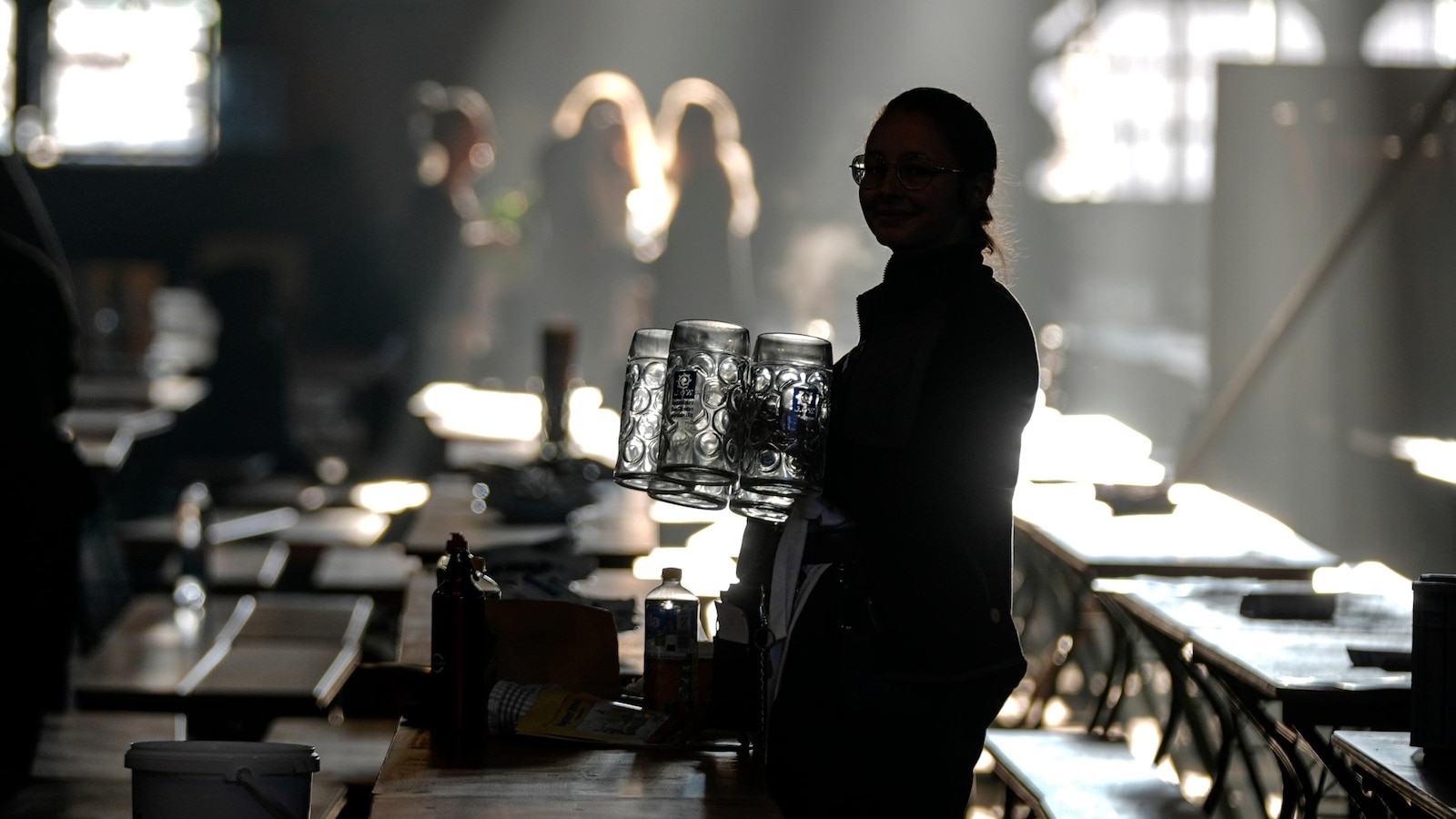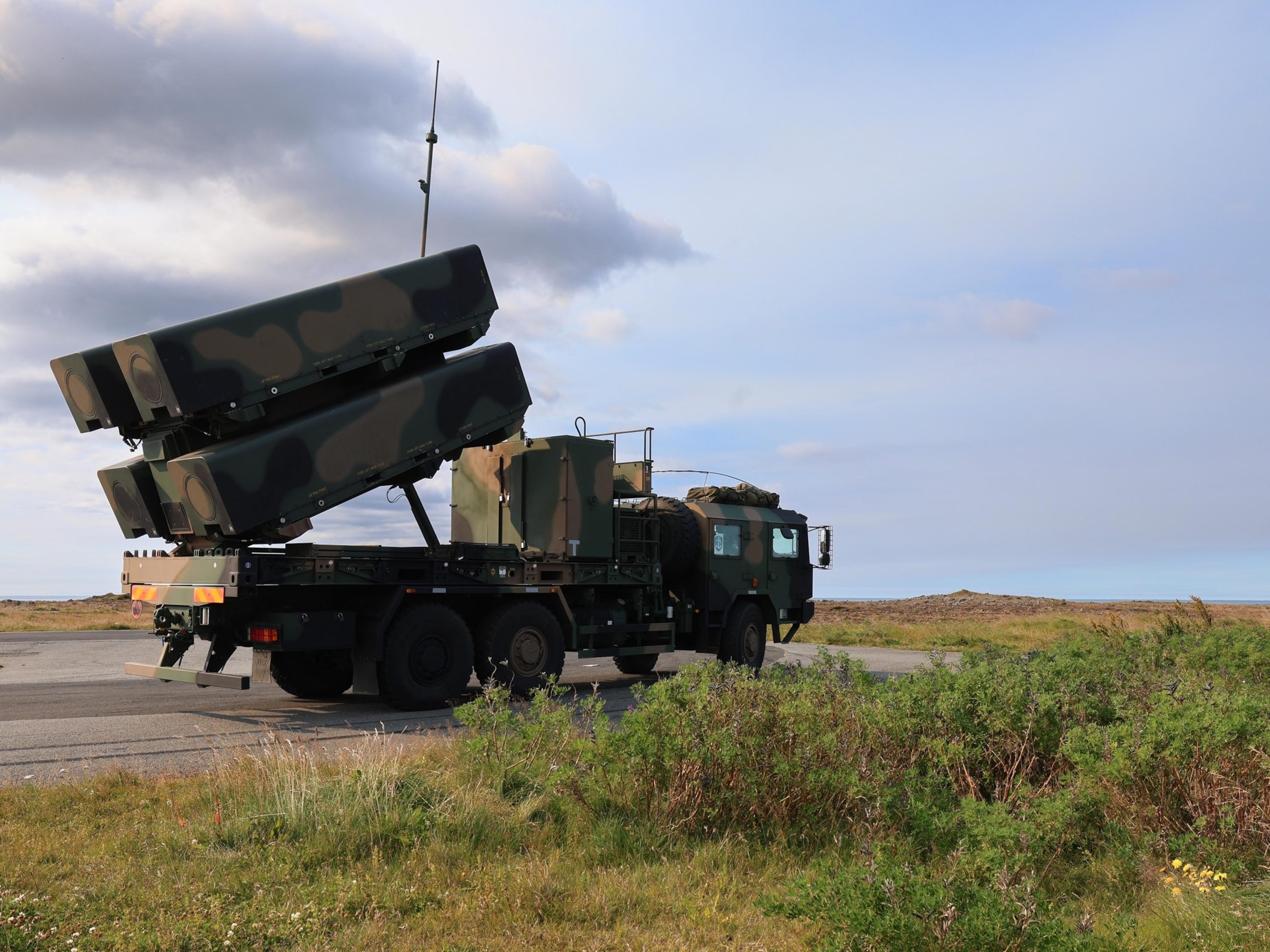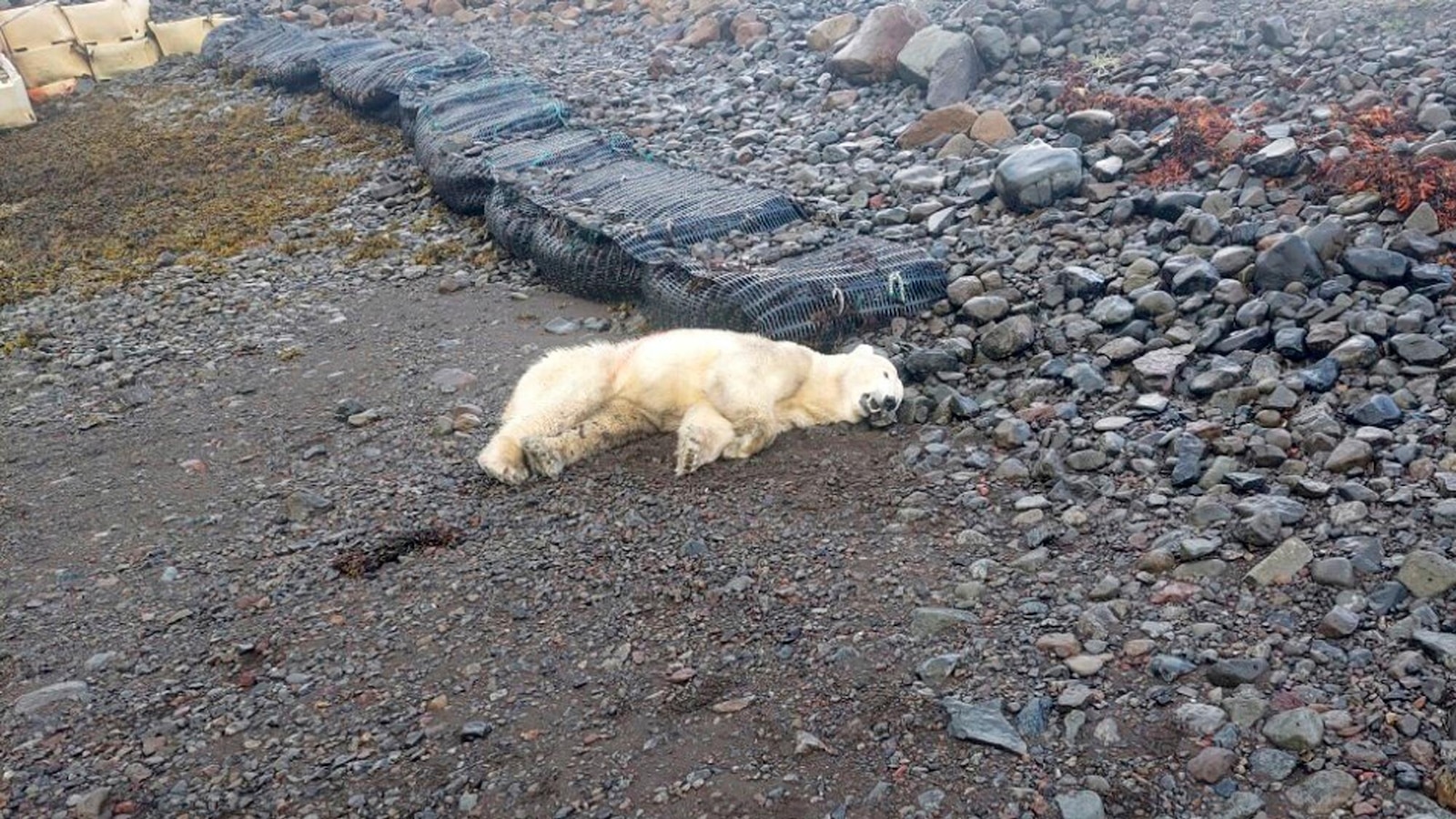
MUNICH — Oktoberfest is open.
Mayor Dieter Reiter officially started Oktoberfest at noon Saturday when he inserted the tap into the first beer keg, signaling the 189th start of the festival. Thousands of beer lovers celebrated in the Munich fairground as the first to clink their mugs during the world’s largest folk festival.
Servers immediately began ferrying trays — each carrying up to 8 glass mugs — to tables. Revelers started clinking their mugs and taking deep gulps of beer in the stuffy heat of the tent.
The celebration runs through Oct. 6 in 18 large tents covering the Theresienwiese fairground.
This year’s festival includes stepped-up security in the wake of a deadly knife attack in Solingen, a city roughly 470 kilometers (292 miles) northwest of Munich. The violence on Aug. 23 left three people dead and eight more wounded, and the Islamic State group claimed responsibility for the attack, without citing evidence. As a result, organizers added metal detectors to the security lineup for the first time in Oktoberfest’s history, but said there were no concrete threats.
Tens of thousands of people lined the streets early Saturday to watch the opening parade as others raced to claim tables inside the tents. They gossiped, played cards and walked around the fairgrounds to check out the food options and amusement park rides to kill time before they could start drinking.
Revelers sprinted through the fairgrounds at 9 a.m. as soon as the entrances opened, despite security officers’ attempts to keep the procession orderly. They laughed despite the morning chill — someone could be heard shrieking “why are we running!” — and raced to get in line again, but this time to be first inside the tents.
Some 6 million visitors are expected over the festival’s 16 days — up to 600,000 each day — and can expect to shell out between 13.60 and 15.30 euros ($15.12 to $17.01) for a 1-liter mug of beer (33 fl oz). This year’s prices are roughly 3.87% more than in 2023.
Mikael Caselitz, 24, was born and raised in Munich and has attended Oktoberfest for years. He said everyone should travel to Munich for the festival at least once in their lives.
“It can get really crowded and disgusting when people puke on the side of the road,” he joked, “but overall it’s a really fun experience.”
Ollie Standen woke up at 6 a.m. to get in line early for Oktoberfest, where the beer starts flowing at noon. The 21-year-old from England is in Munich this year for a university exchange program and a local friend told him he had to join the festivities. He said he’s looking forward to trying different German beers that aren’t usually found in the United Kingdom.
“It’s a great German tradition and I’m excited to be here,” he said.
The event was skipped in 2020 and 2021 as authorities grappled with COVID-19, but returned in 2022.
The first Oktoberfest was held Oct. 17, 1810 to celebrate the marriage of Crown Prince Ludwig of Bavaria to Theresa of Saxony. The venue, a meadow on the edge of Munich at the time, was called “Theresienwiese” to honor the bride. While that name remains, the start date has moved up to September, when the temperatures in Bavaria are usually warmer.
Oktoberfest, the world’s largest folk festival, has officially kicked off in Munich, Germany following the traditional ceremonial keg-tapping. The annual event, which attracts millions of visitors from around the globe, is a celebration of Bavarian culture, beer, and food.
The festival began in 1810 as a wedding celebration for Prince Ludwig and Princess Therese of Bavaria. Over the years, it has evolved into a 16- to 18-day extravaganza that features traditional Bavarian music, dance, food, and of course, plenty of beer. The festival takes place at the Theresienwiese fairgrounds in Munich and typically runs from late September to the first weekend in October.
One of the highlights of Oktoberfest is the ceremonial keg-tapping, which marks the official start of the festival. The Lord Mayor of Munich traditionally taps the first keg of beer and proclaims “O’zapft is!” (It’s tapped!) to signal the beginning of the festivities. This year, the honor of tapping the first keg went to Lord Mayor Dieter Reiter, who was joined by other dignitaries and festival organizers.
Once the keg is tapped, the beer starts flowing, and attendees can enjoy a variety of traditional Bavarian brews, including Oktoberfest Märzen, a malty amber lager brewed specifically for the festival. In addition to beer, visitors can sample an array of Bavarian dishes such as pretzels, sausages, roast chicken, and schnitzel.
In addition to food and drink, Oktoberfest also features amusement rides, games, and traditional Bavarian folk performances. The festival grounds are filled with colorful tents and beer halls where visitors can socialize, dance, and enjoy live music.
While Oktoberfest is a fun and festive event, it also has a rich cultural significance. The festival celebrates Bavarian traditions and customs, including traditional clothing such as lederhosen and dirndls. It also serves as a showcase for Bavarian craftsmanship, with many vendors selling handmade goods such as pottery, woodcarvings, and textiles.
Overall, Oktoberfest is a one-of-a-kind experience that offers a taste of Bavarian culture and hospitality. Whether you’re a beer enthusiast, a food lover, or just looking for a good time, Oktoberfest is sure to delight and entertain. Prost! (Cheers!)


